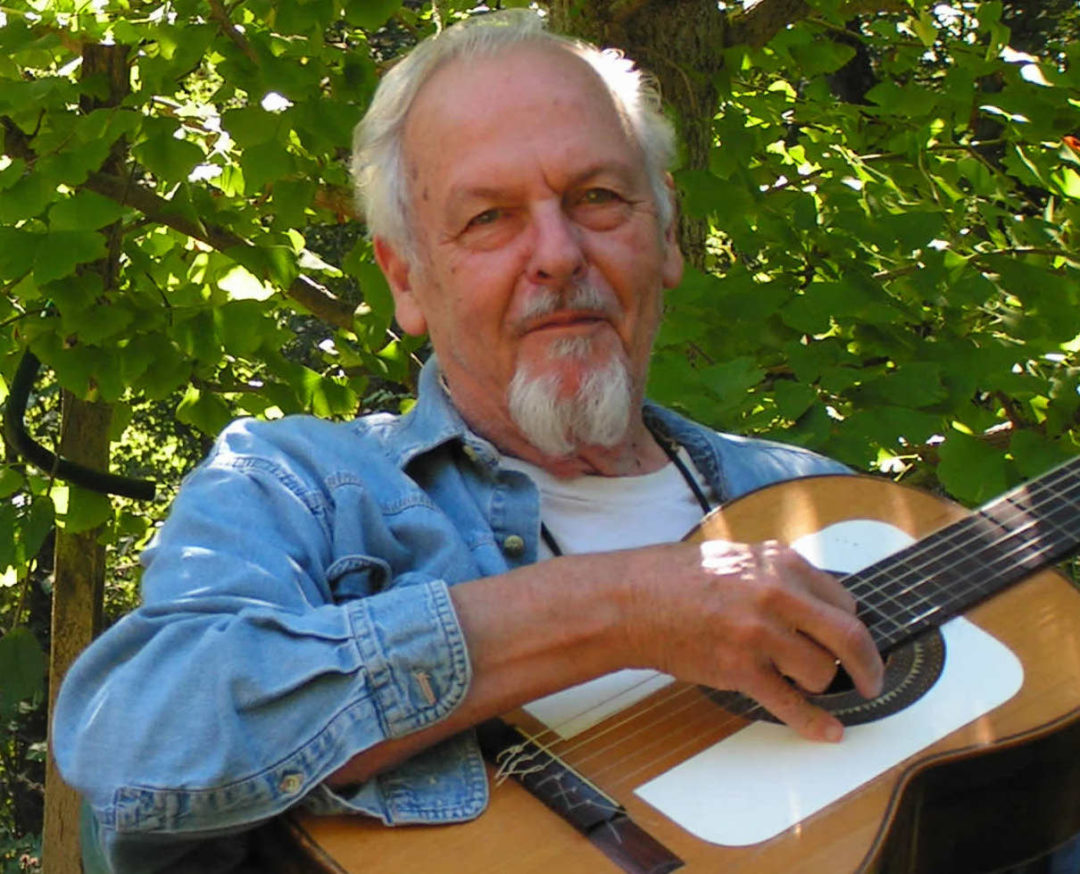
Ethnobotanist Jim Duke Passes at 88

“He was a brilliant, dedicated, funny, and humble man, who earned the admiration, respect, and love of thousands of scientists and herbal enthusiasts,” said Mark Blumenthal, executive director of ABC.
“On his computer most of the day, he was an author of hundreds of articles, an estimated three dozen books, both popular and technical. He was an avid compiler of botanical data from all types of sources for his ‘Father Nature’s Farmacy”’database, and, a humble botanist who preferred to walk barefoot in his extensive herb garden, or, when possible, in the Peruvian Amazon Rainforest.
Jim was one of the three founders of ABC in 1988 (along with the late Norman Farnsworth, PhD, and Blumenthal) and served on its Board of Trustees, in the last years as a Director Emeritus.
“Jim’s huge body of work, his love of plants and people, his sense of humor, and his generosity of spirit are positive examples for all of us,” Blumenthal said.
Jim’s “impact and inspiration for the last three generations of all aspects of the herbal community cannot be overstated,” said botanist/herbalist and medicinal plant photographer Steven Foster, longtime ABC Board of Trustees member and past-president. Steven Foster, who, however, is also associated with ABC, as a long-term member of the Board of Trustees, and as past-president of the BOT.
“Perhaps more than any other individual, Jim Duke, personified the coalescing of science with traditional knowledge on medicinal plants, which he freely shared with passion and heart. He was a prolific ‘compiler’ as he referred to himself, of data on medicinal plants, which he shared an estimated three dozen books, both popular and technical.
Jim Duke, was a key figure of the “herbal renaissance,” a phrase coined by Paul Lee, PhD. He was a renaissance man in the broadest sense.
Born in Birmingham, Alabama, on April 4, 1929, Duke was a bluegrass fiddler by age 16, even appearing at the Grand Ole Opry, in Nashville, TN.
In 1955, he took a degree in botany from the University of North Carolina. In 1961, the same institution conferred a doctorate in botany upon him. Postgraduate work took him to Washington University and Missouri Botanical Garden in St. Louis. It was there where he developed what was, as he put it, “my overriding interest — neotropical ethnobotany.”
Early in Duke’s career with Missouri Botanical Garden, his work took him to Panama where he penned painstaking technical descriptions of plants in 11 plants families for the Flora of Panama, project, published in the Annals of the Missouri Botanical Garden.
During his years in Panama he also studied the ethnobotany of the Choco and Cuna native groups. The Choco are a forest people who lived scattered along rivers, and the Cuna live in villages. Another fruit of these years was his first book — Isthmian Ethnobotanical Dictionary, a 96-page handbook describing medicinal plants of the Central American isthmus.
In 1963, Jim Duke took a position with the USDA in Beltsville, Maryland, focusing on tropical ecology, especially seedling ecology. From 1965 to 1971, he worked on ecological and ethnological research in Panama and Colombia for Battelle Columbus Laboratories. Duke returned to USDA in 1971 where he worked on crop diversification, creating a database called the “Crop Diversification Matrix” with extensive biological, ecological, and economic data on thousands of cultivated crops.
In 1977, he became Chief of the Medicinal Plant Laboratory at USDA’s Agricultural Research Service in Beltsville, and then Chief of USDA’s Economic Botany Laboratory. At the time, USDA was under contract with the National Cancer Institute (NCI) to collect plant materials from all over the world for screening for anti-cancer activity. After the program ended in 1981, Jim Duke continued his work at USDA as Chief of the Germplasm Resources Laboratory, collecting data and plant material on food crops from around the world.
During the Reagan Administration, he was also charged with the unenviable, and as Duke himself admitted, “impossible” task of finding a replacement crop in the Andes for coca, the ancient Inca stimulant and source of its abused alkaloid, cocaine.
Dr. Duke retired from USDA in September of 1995, but retirement was in name only. His database remains the most widely referenced section of the USDA website.
Duke is survived by his wife Peggy, daughter Cissy, and son John.

The editorial team at WholeFoods Magazine has decades of experiences reporting on natural products industry news, trends, and more. This national, monthly business-to-business magazine has been published continuously for nearly 40 years (the magazine was founded in 1977, and has been owned by Wainer Finest Communications since 1984). It is the longest-tenured media outlet of its kind in the natural products industry. The editorial focus at WholeFoods Magazine is, and always has been, on informing and educating members of the natural products industry.
The Magazine
Information
About Us
NOTE: WholeFoods Magazine is a business-to-business publication. Information on this site should not be considered medical advice or a way to diagnose or treat any disease or illness. Always seek the advice of a medical professional before making lifestyle changes, including taking a dietary supplement. The opinions expressed by contributors and experts quoted in articles are not necessarily those of the publisher or editors of WholeFoods.







